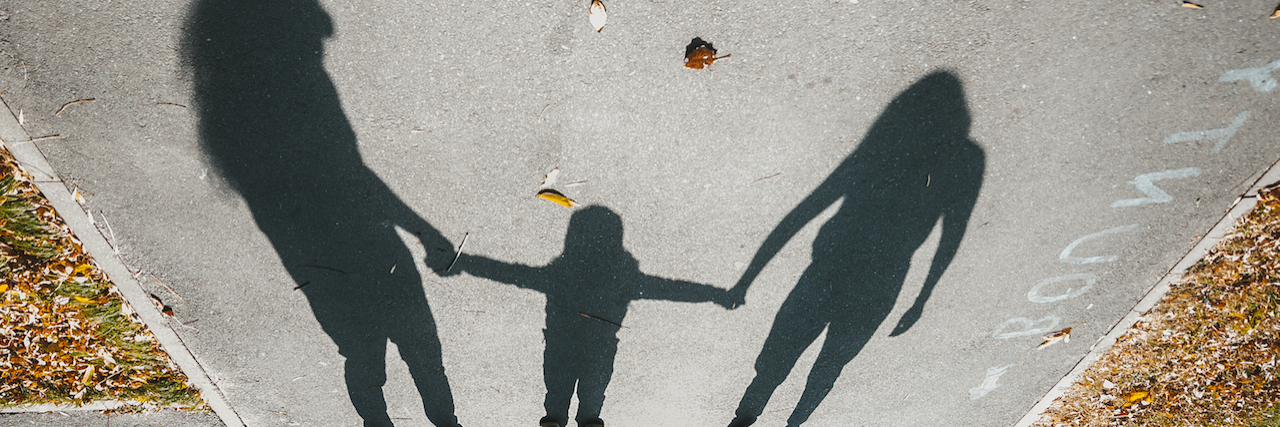A mother of eight girls living in extreme poverty has a ninth child. The child is a boy. She has no idea how to raise the boy without a father or how to feed one more mouth. When he is about 3 or 4 years old, she asks her local Catholic church if they will raise him. The Catholic brothers say yes.
The young boy grows up to earn his master’s degree and Ph.D. He speaks nine languages. He becomes a textbook author, professor, translator and diplomat.
That man was my father, and this happened around 1909 in Cuenca, Ecuador.
Fast forward to 2019 in Atlanta, Georgia. A mother of four is overwhelmed, living in poverty in a hotel. One of her children, a son, has Down syndrome and is non-vocal. When this son is 14, she leaves him in a hospital with no note. No explanation.
That is all the public knows. The mother is then charged with first-degree child cruelty, a crime that could land her in prison for five to 20 years. Her other three children are removed from her care.
At the hearing, two dozen moms of kids with Down syndrome, strangers to the mother who abandoned her son, show up to support her — including the director of the Down Syndrome Association of Atlanta. Their support doesn’t mean children with Down syndrome are a burden — they’re not. Nor does it mean abandoning a child is OK. It’s an acknowledgment that parents of kids with disabilities need support — and that’s what they were there to provide.
As the mother of a daughter with Down syndrome who is 100 percent included in her high school, I cannot count the number of times I have counted on “my tribe” of friends, my husband and my faith. Not because my daughter is a burden but because society and our school systems still have too many roadblocks for people with disabilities.
All children are a deep responsibility, one which can be hard for any parent with any child. But when you add in poverty, as both my father’s and the mother in Atlanta’s do, the situation is more complex. What roadblocks did this mother, her son and their family face?
Were they one of the over 8,000 families of people with developmental disabilities currently on Georgia’s waiting list to receive Medicaid waiver services that would include counseling and education, respite care and assistance paying for medical supplies?
Did their local school system foster communication, perhaps with a communication device? Did the community have knowledge for the mother that would have helped her raise a child who had some different needs than her other children? Or perhaps a tribe of support around her, similar to the one that was there for her in the courtroom? Did the mother ever reach out? We parents of children with disabilities are notorious for isolating ourselves at home.
When reading the story of this mother I thought of the grandmother I never met and the sacrifice she made. Her decision changed the trajectory of my dad’s life forever, in the very best way. My dad was lucky as he was still in touch with his mom as he grew up. He knew he would have had a far different life if she had not given him up.
I also thought of a recent story I heard on the radio about children aging out of foster care, having moved around sometimes 80-100 times. The story mentioned that some social workers are now looking at foster care differently, babysitting while single parents go on job interviews. It’s actually a smarter way to support families — while an average of $25,000 is spent per year for each foster child, a family can be kept in-tact and helped out of poverty for $5,000 – $10,000 a year. They are trying to support families in non-traditional ways that can make or break their cycle of poverty.
Families should stick together, and parents should never abandon their children, disabled or not. But this can’t happen without support — from the government, social programs, family and friends. When it comes to the mother in Atlanta who left her child with Down syndrome, the question we should be asking is how can we, as a society, help?
Getty image by IRYNA KAZLOVA

